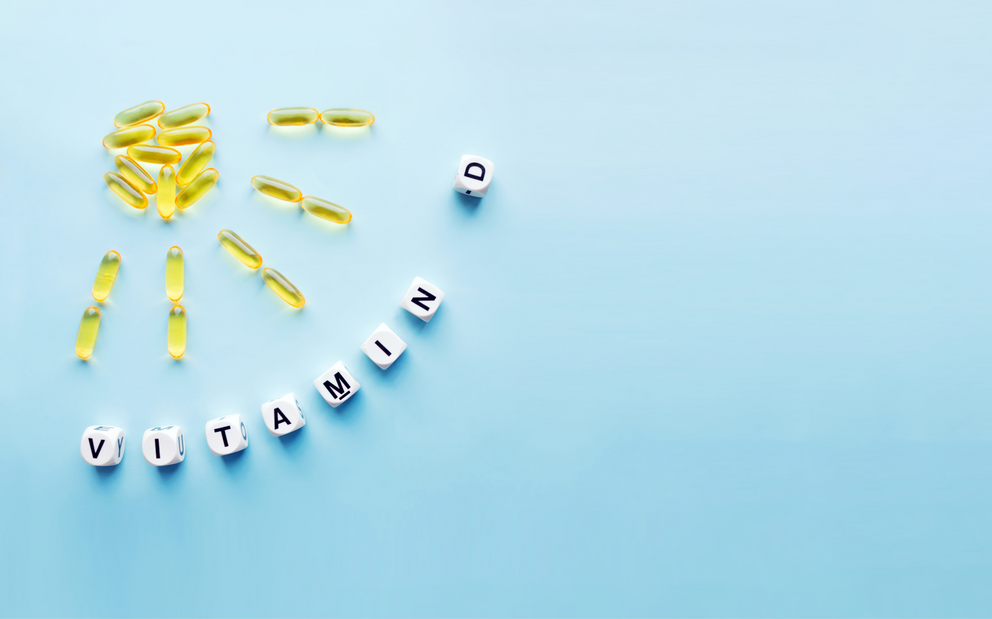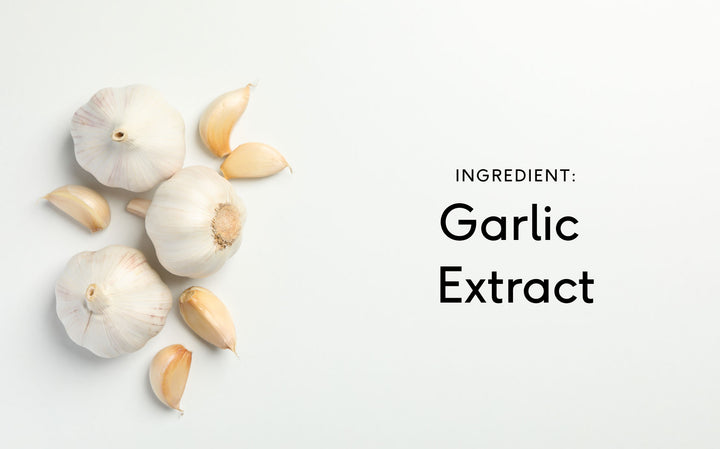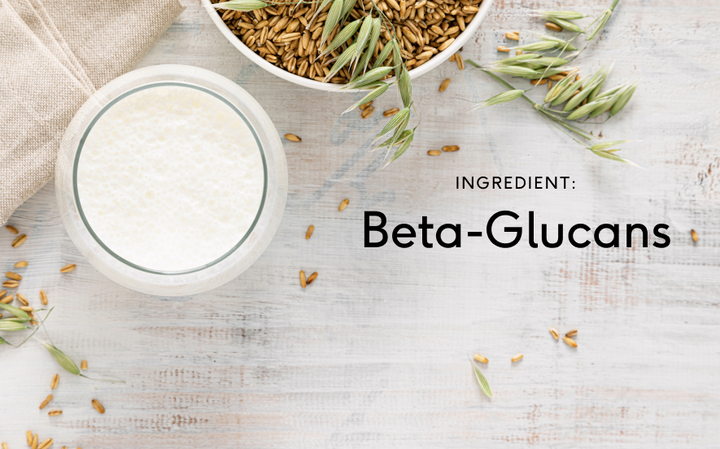Using the best form of vitamin D: Ergocalciferol vs Cholecalciferol
Table of contents

What forms of vitamin D are there?
In supplements, vitamin D generally comes in the following forms:
- Vitamin D ergocalciferol (D2)
- Vitamin D cholecalciferol (D3)
The difference?
Vitamin D is one of the most interesting essential vitamins. It’s the only vitamin that your body can make from sunlight, and it’s necessary for metabolising calcium and promoting a variety of other important processes throughout your body. The effectiveness of supplemental vitamin D, however, is contingent on the bioavailability and safety of the vitamin D form.
In terms of usefulness in the body, vitamin D3 is better than vitamin D2. Expert opinions differ on the benefits of ergocalciferol versus cholecalciferol, but it’s generally believed that vitamin D3 is at least slightly superior. Vitamin D2 is made by irradiating a type of yeast, and vitamin D3 is made by irradiating lanolin.
Recently, however, scientists have discovered how to breed lichen that produce vitamin D. This natural form of vitamin D is 100% vegan and we’re proud to offer this next-generation form of vitamin D in our Feel Multivitamin™.
Takeaways:
- Vitamin D2 is probably inferior in terms of absorption and effectiveness
- Vitamin D3 is the current standby that many think is the best form of vitamin D
- Vitamin D3 from Lichen is the vegan option with optimal bioavailability
Why is vitamin D in vegan Cholecalciferol form better?
While vitamin D2 is derived from a non-animal source, vitamin D3 is made with lanolin, which is an animal product. It isn’t necessary to physically hurt sheep to harvest lanolin, but vegans and animal rights advocates may be concerned about the conditions in which lanolin sheep are kept.
Vitamin D3, however, is superior compared to vitamin D2, which has traditionally presented vegans with a conundrum: Is it best to compromise on my principles and use the better vitamin form, or should I stick with vitamin D2 and deal with the consequences. Vegan vitamin D3 offers a perfect solution.
Since our vitamin D3 is derived from lichen, it is 100%-vegan, and this form of vitamin D is registered with The Vegan Society. Since it is a relatively new ingredient, specific scientific data on this nutrient are rare. At the same time, however, this type of vitamin D appears to have at least equal bioavailability compared to lanolin-derived vitamin D3 without the compromising any animal rights.
Takeaways:
- Vitamin D2 may be inferior to vitamin D3 despite being vegan
- Manufacturing vitamin D3 may indirectly bring animals to harm
- Lichen vitamin D3 offers the bioavailability of vitamin D3 without impacting animal welfare
Why do we use vcholecalciferol from lichen instead of other forms?
Vegans are particularly at risk of vitamin D deficiency. Your body needs vitamin D to process calcium, and you’ll get osteoporosis if you don’t have enough. Since dietary vitamin D is mainly restricted to animal-based foods, however, it can be hard for vegans to get enough vitamin D to avoid deficiency-related symptoms.
Most vegans turn to supplementation to cover for their vitamin D needs. Previously, however, people who don’t want to use animal products were forced to compromise and choose vitamin D2 instead of vitamin D3 because the latter nutrient form is indirectly derived from animals. It’s ultimately unclear whether vitamin D2 is truly less effective, but why take the risk?
Lichen cholecalciferol is 100%-vegan, and this next-generation form of vitamin D is just as effective as the vitamin D3 we included in our original version of our Feel Multivitamin™. With Feel Multivitamin™, everybody’s welcome to enjoy the benefits of plenty of vitamin D regardless of their dietary restrictions.























































 Back
Back





